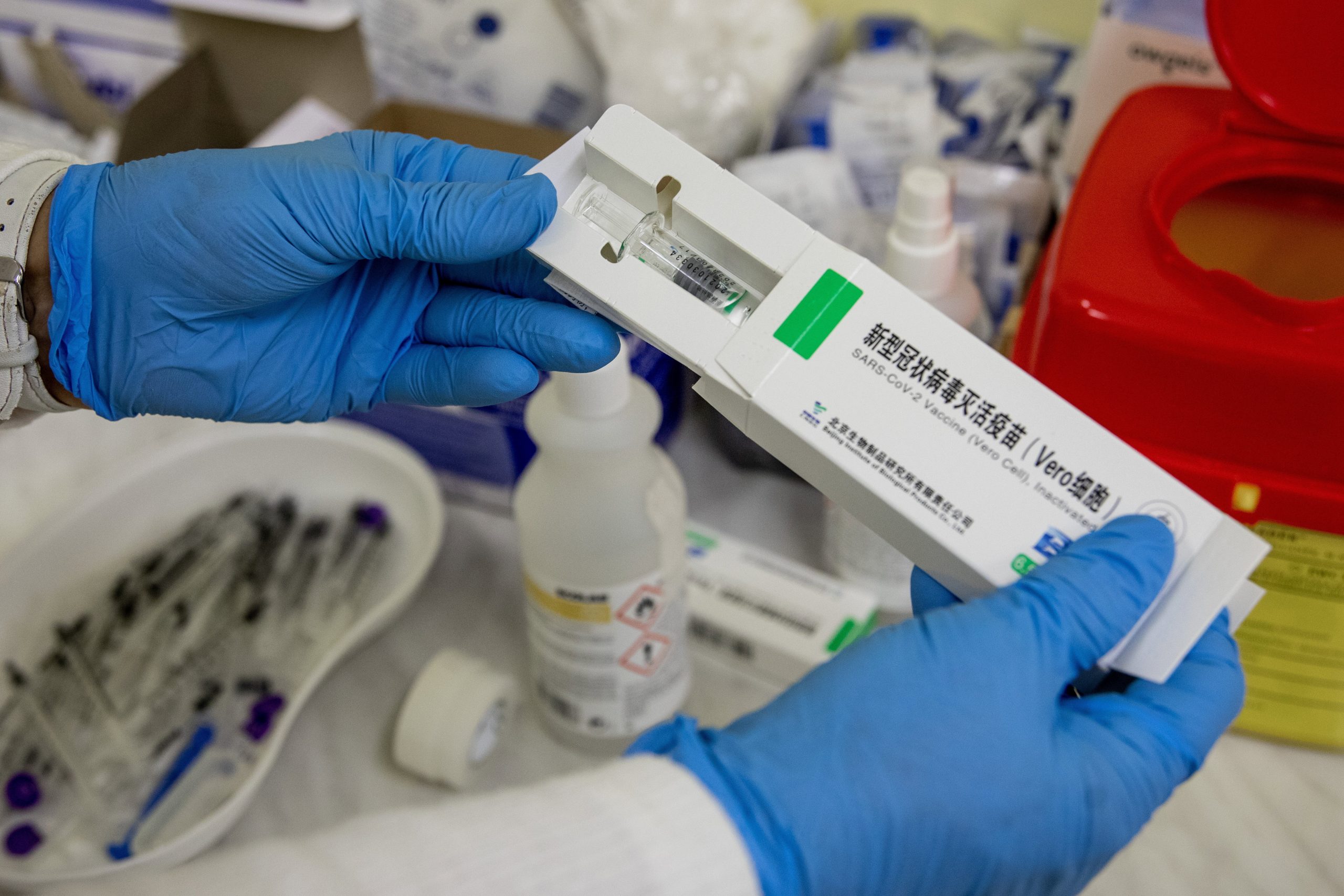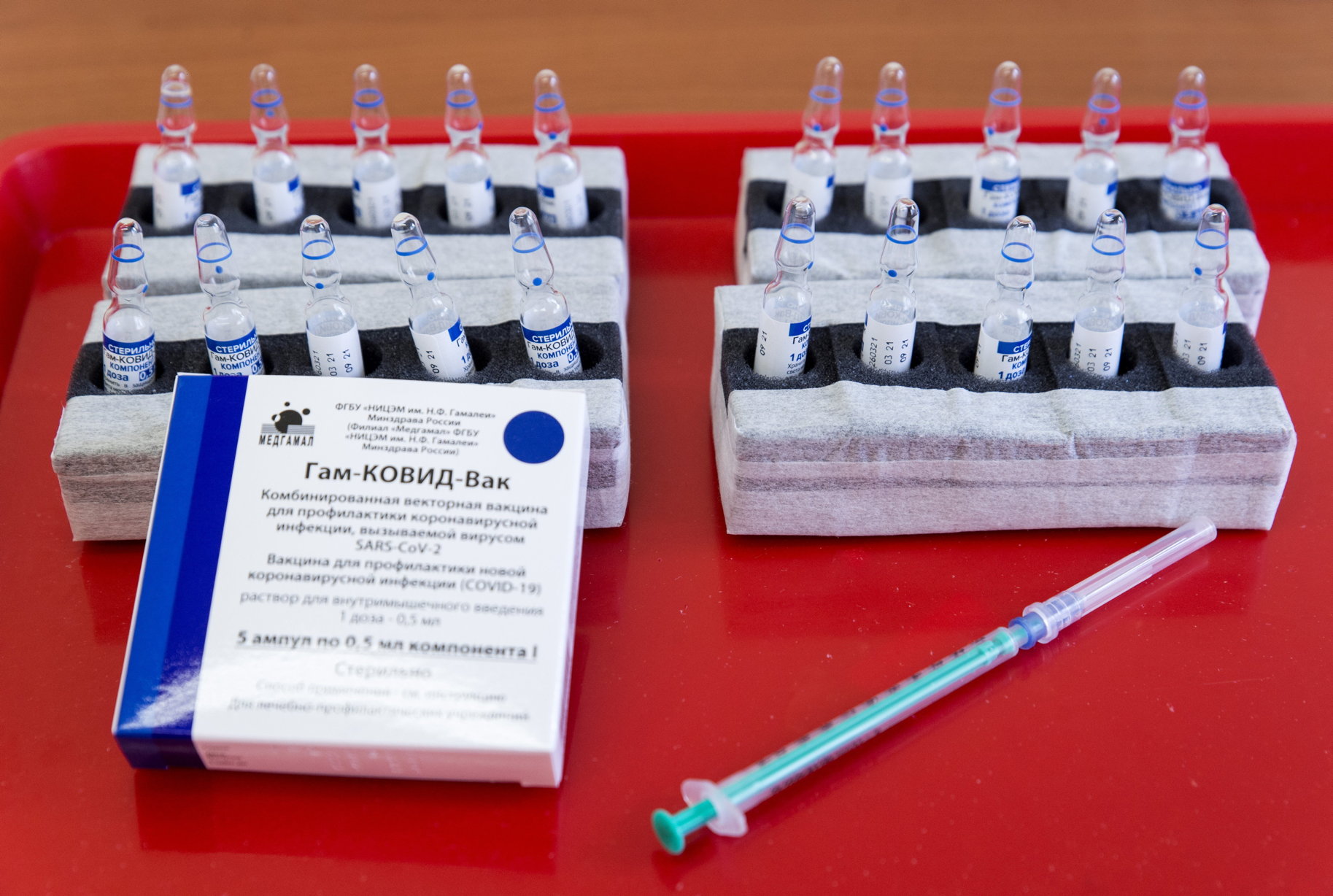
After lengthy legal wrangling, the Hungarian authorities have finally released some of the documents created during the licensing procedure for the Eastern vaccines used in Hungary.Continue reading

Several new pieces of information surfaced regarding the Hungarian Pharmacutical Authority’s (OGYÉI) licensing procedure for the Chinese Sinopharm and Russian Sputnim V vaccines. According to this, some of the tests specified by the manufacturer were not completed and several important parameters affecting efficacy and safety were missing at the time the authorization was granted. Széchenyi Prize-winning immunologist, András Falus, who was a member of the team of experts questioned by the OGYÉI, also says the emergency authorization of the vaccines was due to political pressure.
Earlier this week, after lengthy legal proceedings, the Hungarian pharmaceutical authority (OGYÉI) released some of the documents created during the licensing procedure for the Eastern vaccines used in Hungary.
Even though some of the released documents have been redacted, the readable parts already reveal several things. Only days before Hungary’s approval of the Russian Sputnik V, Hungarian experts were still unable to acquire several key pieces of data regarding the vaccine, for example, in order to “establish and verify comprehensive good manufacturing practices” during a factory visit in Russia.
But by using a simple trick, the blacked-out parts can also be easily read, news site 444.hu reports. If the text is copied from the pdf file and pasted into a Word file, they become visible.
In one of the reports, the missing information was that Hungarian experts were only allowed to visit the Russian vaccine factory for a few hours.
The next day, January 21, they also visited a factory in Moscow (the location was redacted beforehand), when again they were unable to “establish and verify good manufacturing practices.” This latter part was also omitted from the original published report. This is an important detail because the Hungarian pharma authority approved the use of Sputnik V in Hungary the very same day.
The published report also revealed that some of the tests specified by the manufacturer were not completed and several important parameters affecting efficacy and safety are missing.
The redacted parts hide further information. Experts described that the “specific activity, i.e. the potency of Sputnik, cannot be accurately established.”
There was also insufficient data to identify contamination from the manufacturing process and other contaminants, according to the report. Hungarian experts were also not provided with a risk analysis on “potential viral contamination.” They did not receive “the analytical results of three of the batches used for pre-clinical and clinical studies” either.
On Wednesday, immunologist András Falus, who was a member of the team of experts asked by the OGYÉI to give a professional opinion, also shared with Klubrádió some details of the ultrafast approval process.
The Széchenyi Prize-winning professor said he had been bound by confidentiality until now, but since the documents have been made public as a result of a court ruling, there is nothing to prevent him from sharing his opinion on the subject.
Falus said vaccines are examined on two different levels: safety and efficacy. Part of testing the safety of a vaccine is using them on guinea pigs and mice. These tests are followed by the compilation of detailed protocols and only then can the efficacy testing begin.
Even though the documentation for the Russian vaccine was provided, it was significantly shorter and therefore more incomplete than the AstraZeneca documentation readily available at the time, Falus said. The team of experts made inquiries about the missing data, but apart from a delegation being given a tour of the Sputnik V production facility, no further information was provided.
A glance at the production line gives no information whatsoever, Falus noted, and so he and several experts decided to leave the test process.
It was clearly due to “influence from above” that the management of the OGYÉI decided – and could not have done otherwise – to approve the Sputnik vaccine, said Falus, who also added that even though the Russian vaccine was later confirmed to be a working one, it could not be believed at the time. The main problem with the Russian vaccine was insufficient production capacity.
The immunologist professor also spoke about the Sinopharm vaccine, although he was not among the experts asked to approve the Chinese vaccine. He explained that scientists faced even greater difficulties there because the details of the third phase of clinical trials were unknown to them. But even without this, it was known that the vaccine had not been tested on the elderly.
OGYÉI approved the use of Sinopharm on January 29, just after the government relaxed the conditions in a decree (Orbán had urged the OGYÉI to grant the license weeks earlier on the radio). As Falus said, the detailed results of the third phase of clinical trials were not known at the time of the authorization, but it was evident that the vaccine had hardly been tested on the elderly. Despite this, a great number of Hungarians over the age of 60 were administered the Sinopharm vaccine, and as it has since become clear, in many cases they had not produced a sufficient number of antibodies.
Featured photo illustration by Csaba Krizsán/MTI